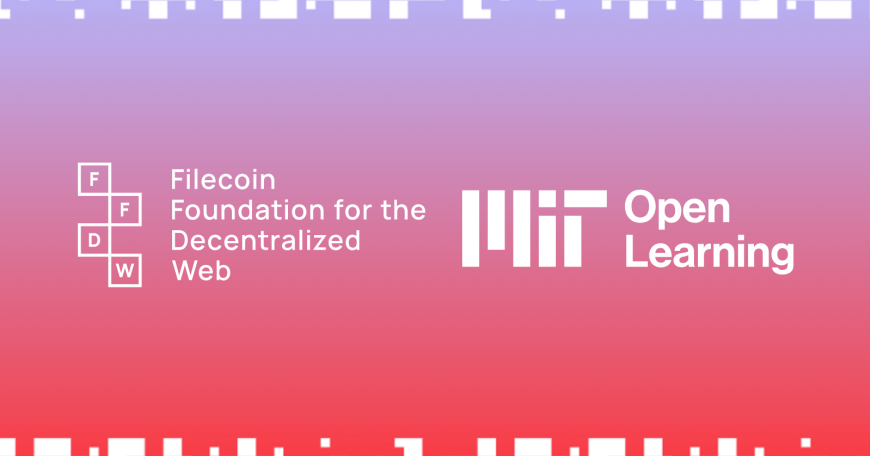Distributing knowledge with decentralized tech

A virtual MIT Open Learning salon with support of Filecoin Foundation for the Decentralized Web
The Web is a critical space for civic debate and the current battleground for protecting freedom of expression. And yet, since its development, much of the Web has evolved into an ecosystem of large commercial mega-platforms which intermediate speech online. In many ways, this has been a positive development; these platforms improved usability and enabled billions of people to publish and discover content without having to become experts on the Web’s intricate protocols. But in other ways, this development is alarming, as just a few large platforms drive most traffic to online information and thus have enormous influence over what sources of knowledge the public can freely access.
One challenge we face today involves the preservation and authentication of the world's education materials. MIT led the charge in sharing education material with the launch of MIT OpenCourseWare in 2001, providing MIT course materials for free to any learner around the world. Now we must ensure these materials will remain reliable to use for years — without the fear that "deep fakes" or "misinformation" can or will alter the original sources.
Join Filecoin Foundation for the Decentralized Web and MIT Open Learning for a live webcast as we focus on some of the key questions around why the decentralized web is important and how it can play a role in addressing issues of preservation and authentication. Questions we will address include:
- What does decentralization mean — and what could a decentralized web look like?
- How can decentralized technologies affect social change, knowledge distribution, and preservation in particular?
- Who are the key institutional players and stakeholders now?
- What’s at stake — and what is education’s role in safeguarding materials?

